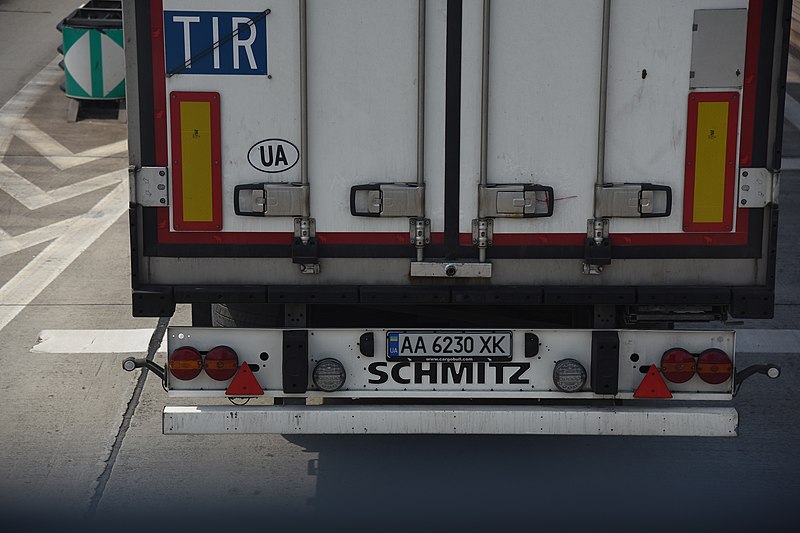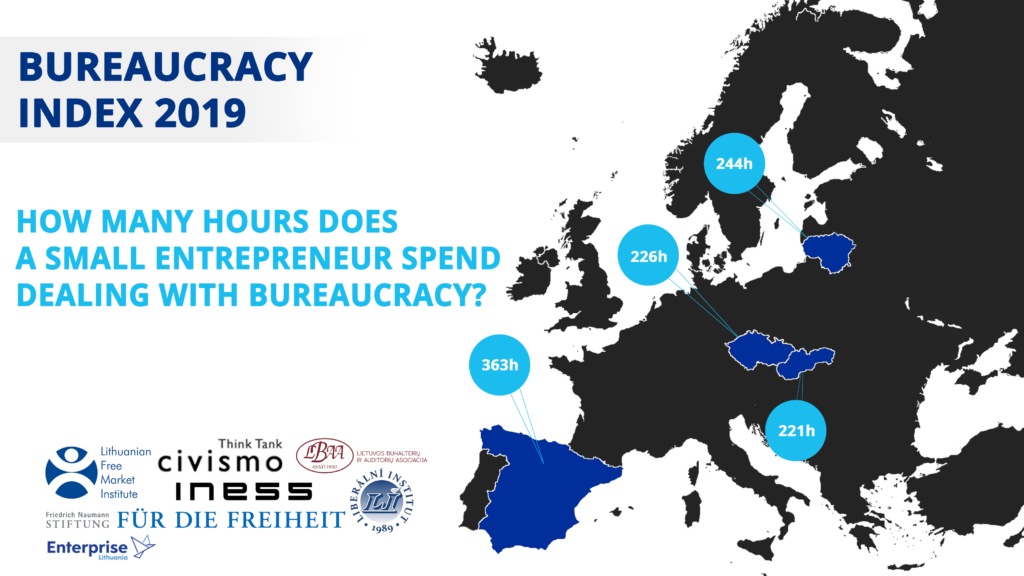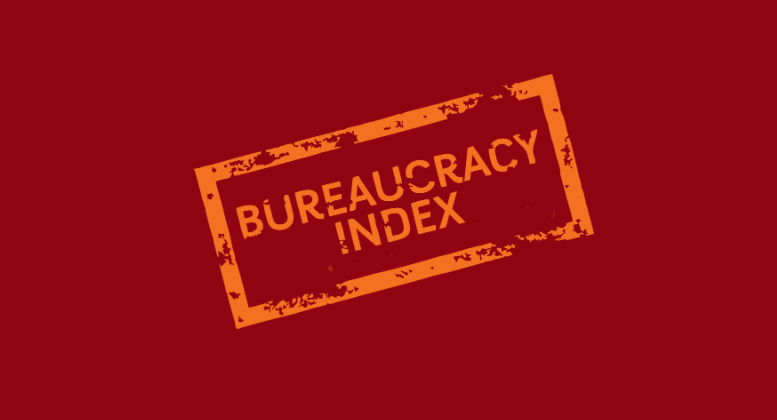
EU Road Transport Quotas Limiting Trade Expansion with Ukraine
BY
Vitaliy Kravchuk AND The Institute for Economic Research and Policy Consulting - Kyiv / November 18, 2019
Over the last years, Ukraine has intensified its trade links with the European Union driven by both the positive stimulus provided by the Association Agreement and a negative stimulus, namely the need to replace lost trade links with Russia.











